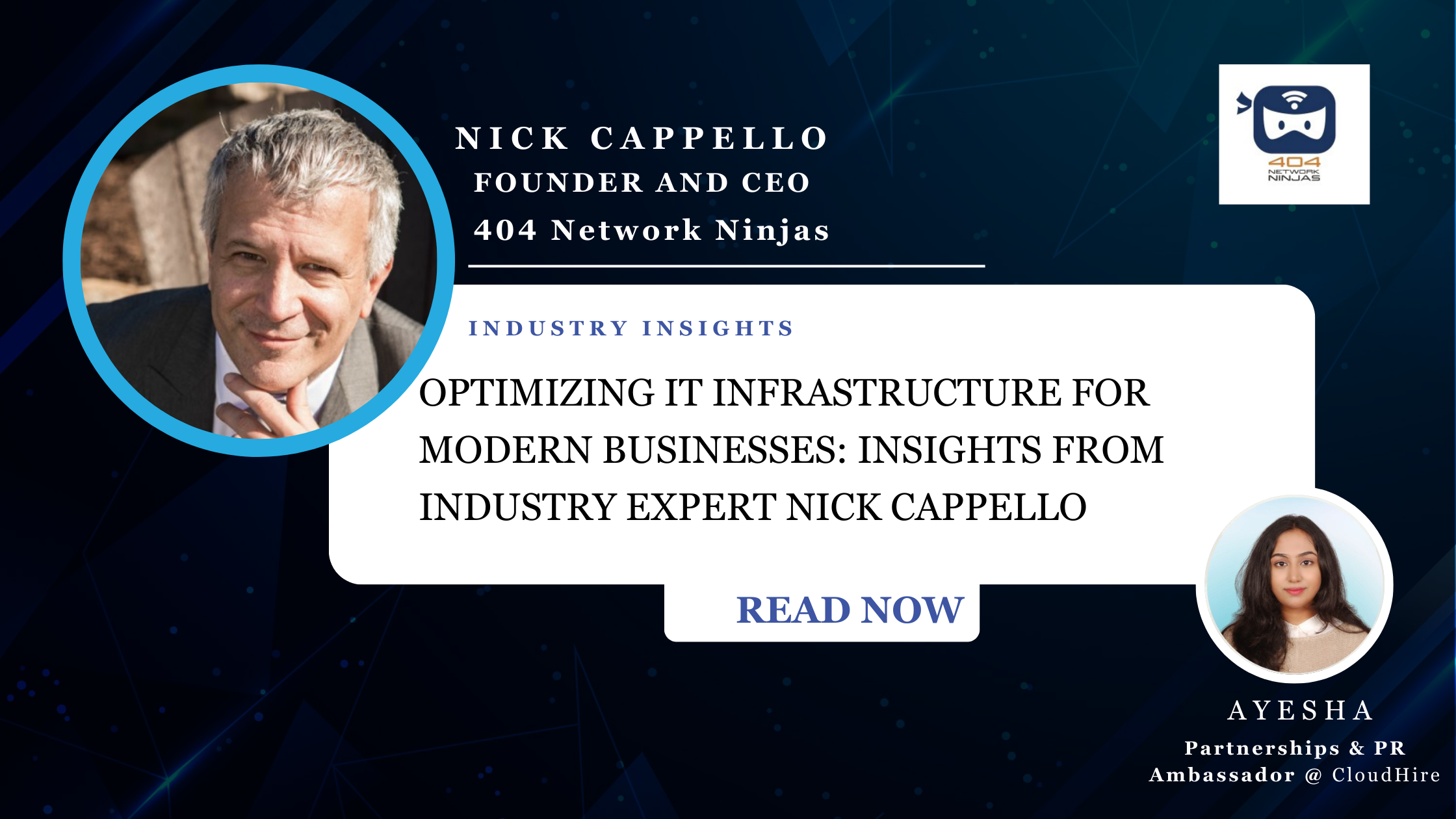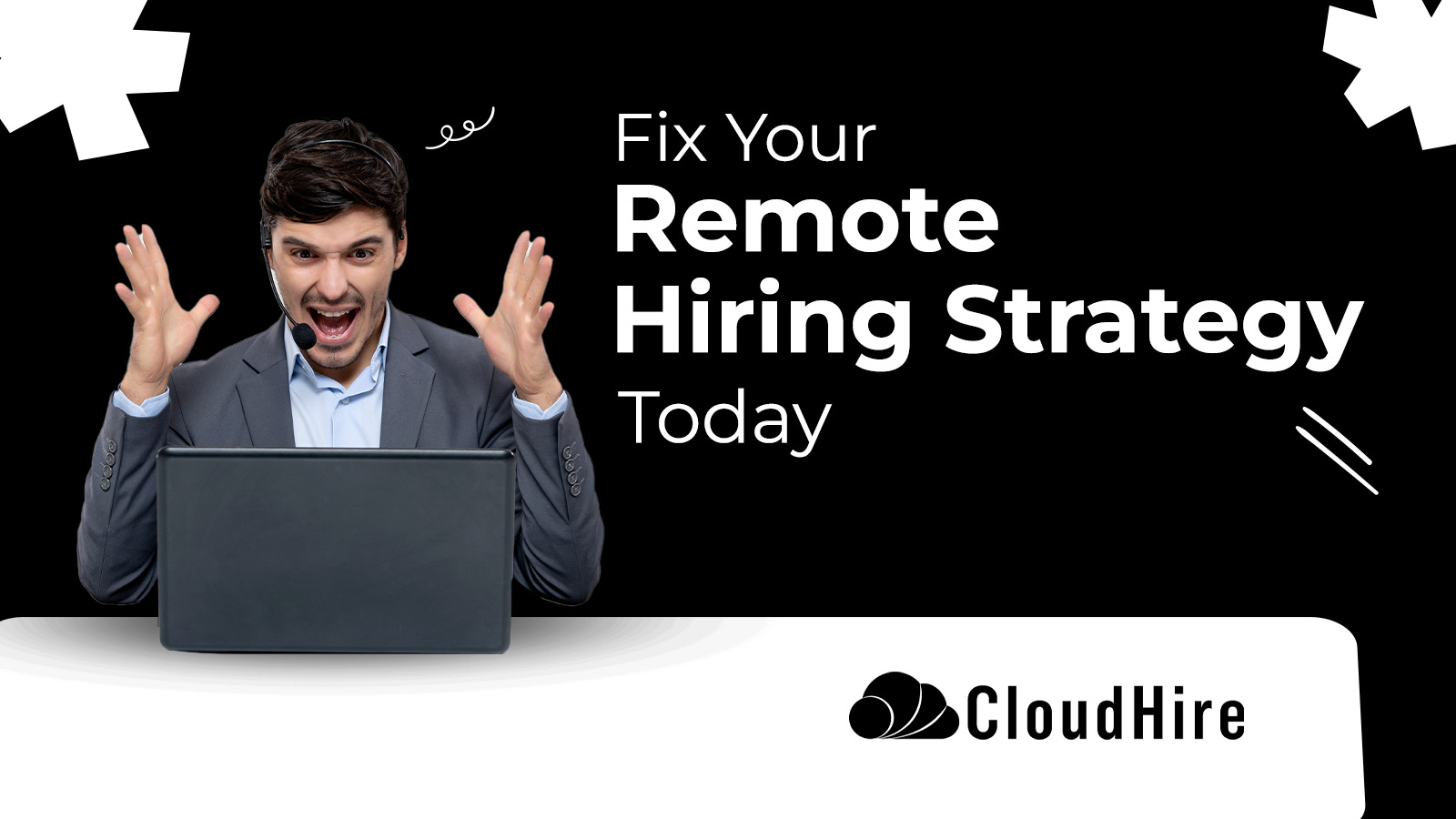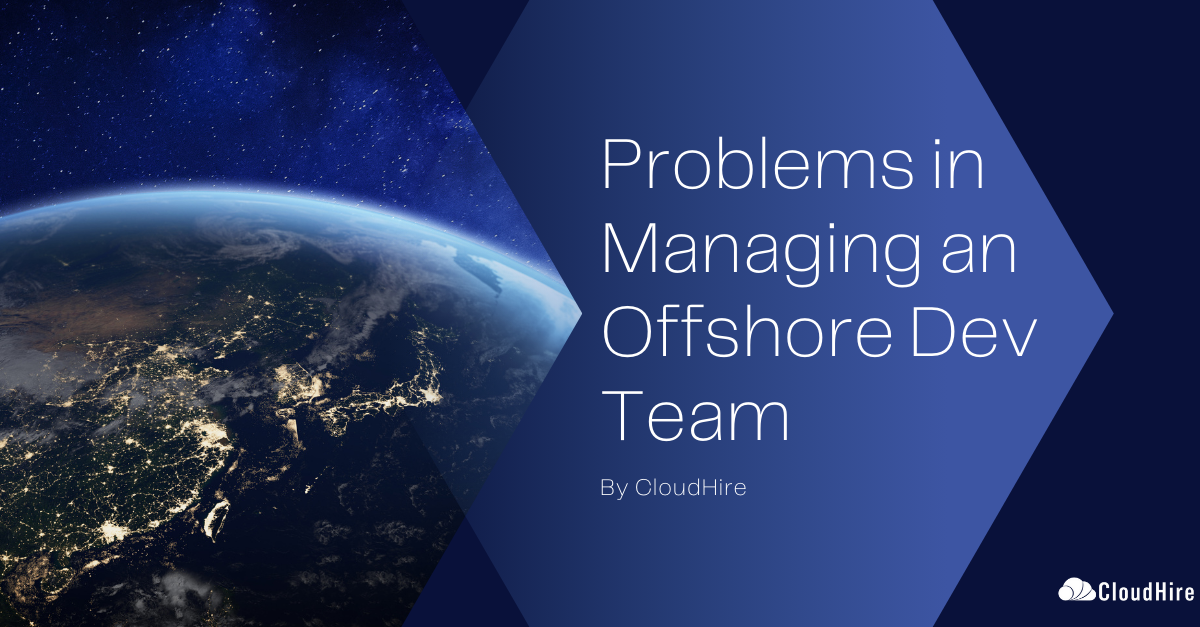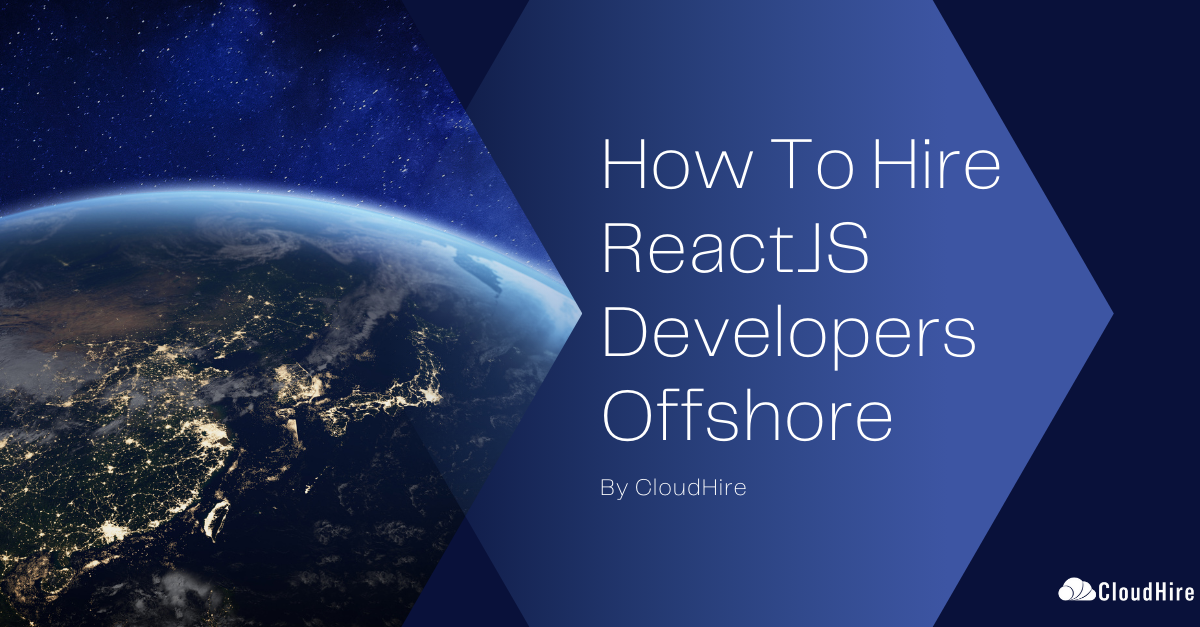Mentorship has evolved significantly over time, becoming a crucial component in both personal and professional development. Historically, mentoring can be traced back to ancient cultures, such as the Greek, Chinese, and Indian traditions, where experienced individuals guided the younger generation in various fields.* This practice continued through the medieval period, particularly within guilds and trade apprenticeships, where young individuals learned technical skills under the guidance of seasoned professionals.* The Industrial Revolution marked a shift in mentoring practices, as rapid technological advancements necessitated new forms of skill development and knowledge transfer.*
In contemporary times, mentorship has gained prominence as organizations recognize its value in employee development and retention. A significant number of employees, about 76%, consider mentorship important, yet only 37% have access to a mentor.* This gap highlights the growing demand for structured mentorship programs, which have been shown to improve employee engagement, retention, and productivity.*
Tee Green, The Mentorship Coach™, believes that mentorship is the key to unlocking the full potential of remote workforces. He is also the Founder and CEO of Citadel Logic. Citadel Logic’s expertise spans a wide range of services, from C6ISR and cybersecurity to artificial intelligence and medical IT support. He is also a decorated retired Major of US Special Operations Command. Green’s deep understanding of the remote work landscape has led him to champion the transformative power of mentorship in this context. Green has been featured in print or television on CBS, NBC, Fox News, ABC, Digital Journal, and Associated Press to name a few media outlets.
Implementing Mentorship in Remote Environments:
In his journey to becoming The Mentorship Coach™, Green has recognized and applied the following suggestions to implement mentorship in remote environments:
- Setting Clear Expectations:
Establishing precise boundaries and objectives is crucial in remote mentorship. Clear expectations provide a roadmap for both mentor and mentee, reducing ambiguity and potential misunderstandings. By defining specific goals, communication protocols, and desired outcomes upfront, you create a structured framework for meaningful professional development. - Be an Active Listener:
Active listening transcends mere hearing and requires genuine engagement and empathy in remote interactions. Demonstrate your attentiveness through thoughtful follow-up questions and reflective responses that show you’ve deeply processed your mentee’s communication. This approach builds trust and creates a supportive environment where mentees feel truly heard and understood. - Be Open & Transparent: Vulnerability is a powerful tool in mentorship, especially in remote settings where personal connections can be challenging. By sharing your professional struggles and the strategies you used to overcome them, you humanize the mentorship experience. This transparency creates a safe space for mentees to discuss challenges and learn from real-world experiences.
- Personalizing, Understanding:
Each mentee is a unique individual with distinct learning styles, motivations, and career aspirations. Take time to understand their personal background, professional goals, and individual challenges through meaningful conversations. Tailoring your mentorship approach to their specific needs ensures a more impactful and personalized guidance experience. - Connect Company’s Goals to Individual Strategic Goals:
Helping mentees see the broader organizational context of their work increases motivation and strategic thinking. Demonstrate how their contributions align with and support larger company objectives. Add to it how company goals help them reach their strategic career goals. In doing so, they feel more than just a working function of the company. This approach helps mentees understand their role’s significance and develops a more holistic perspective of their professional journey. - Encourage Self-Reflection:
Self-reflection is a powerful developmental tool that promotes personal growth and critical thinking. Pose thought-provoking questions that challenge mentees to examine their experiences, decisions, and potential areas of improvement. Guide them to develop a habit of introspection that continues beyond your mentorship interactions. - Accommodate Their Schedules:
In a globally distributed work environment, respecting time zones and individual schedules is paramount. Demonstrate flexibility and cultural sensitivity by finding mutually convenient meeting times. Green summarizes this in his quote that says “Be a humble servant, not a revered God.” - Offer Resources:
Provide a comprehensive suite of learning resources tailored to your mentee’s developmental needs. This might include curated reading materials, online courses, webinars, or professional network connections. By offering diverse learning pathways, you empower mentees to take ownership of their professional growth. - Recognize Hard Work:
Acknowledging and celebrating achievements, both big and small, is crucial for maintaining motivation. Provide specific, genuine praise that highlights the mentee’s efforts and progress. This recognition builds confidence and reinforces positive behaviors and professional development. - Regular Check-ins on Well-being:
Remote work can significantly impact mental health and professional isolation. Schedule regular check-ins that go beyond professional performance and delve into personal well-being. Create a supportive environment where mentees feel comfortable discussing challenges, stress, and emotional experiences.
To overcome these challenges, organizations can leverage the expertise of service providers like CloudHire, which can help design and implement comprehensive mentorship programs tailored to the unique needs of remote teams. By partnering with specialized providers, companies can navigate the complexities of remote team building and development more effectively.
Mentorship Enhances Employee Retention and Engagement
One of the primary benefits of mentorship in a remote setting is its impact on employee retention and engagement and Green says this from his experience in becoming The Mentorship Coach™. When employees know they are being mentored, they feel valued and cared for, fostering a culture of belonging that is crucial for remote workers who may feel isolated.
Organizations can create trust and collaboration by cultivating meaningful connections between mentors and mentees, leading to higher job satisfaction, reduced turnover, and a more engaged remote workforce. Additionally, mentors gain personal satisfaction and professional growth, creating a mutually beneficial relationship.
Mentorship Fosters Stronger Networks and Collaboration
Green shares that one often overlooked benefit of mentorship is its ability to strengthen professional networks and facilitate collaboration within remote teams. When you mentor someone, and they excel in their careers, they become ambassadors for your organization, more likely to recommend it for new opportunities and help build connections in the industry.
This networking effect fosters a sense of community and collaboration that transcends geographical boundaries. Mentorship empowers mentees to become leaders themselves, creating a cycle that strengthens the organization’s network over time.
The Importance of Personalization in Mentorship
Personalization in mentorship programs can significantly enhance their effectiveness. Tailoring mentorship approaches to fit individual needs and career aspirations leads to better engagement and outcomes. The Mentorship Coach™ recognizes that organizations should encourage mentors to understand the unique goals of their mentees, thus making mentorship sessions more relevant and impactful.
In addition to personalized approaches, incorporating regular feedback mechanisms can further improve mentorship programs. By establishing a continuous dialogue between mentors and mentees, both parties can express their thoughts on the process and outcomes. This feedback loop allows mentors to adjust their strategies and ensures mentees feel heard and valued. Additionally, integrating diverse experiences and backgrounds in the mentorship pool can enrich discussions, providing broader perspectives that challenge conventional thinking and foster innovation. This combination of personalized engagement and adaptive strategies can foster a more dynamic and effective learning environment.
CloudHire: Empowering Remote Teams with Talent Solutions
As more and more companies go global with their services as well as workforce, for scaling remote workforces, services like CloudHire can provide a comprehensive suite of solutions to support their efforts. CloudHire understands that mentorship is a critical component of successful remote team management.
CloudHire empowers organizations to develop their remote employees, foster stronger connections, and ultimately drive higher levels of productivity and engagement.
Conclusion
As the world of work continues to evolve, mentorship emerges as a powerful tool for organizations looking to scale their remote teams. By fostering meaningful connections, facilitating knowledge transfer, and strengthening professional networks, mentorship can help remote employees thrive and contribute to the overall success of the organization.
Tee Green’s insights on the transformative impact of mentorship, combined with the holistic solutions offered by CloudHire, provide a roadmap for companies seeking to unlock the full potential of their remote workforces. By embracing mentorship as a strategic priority, organizations can build resilient, engaged, and high-performing remote teams that are poised for long-term success.








